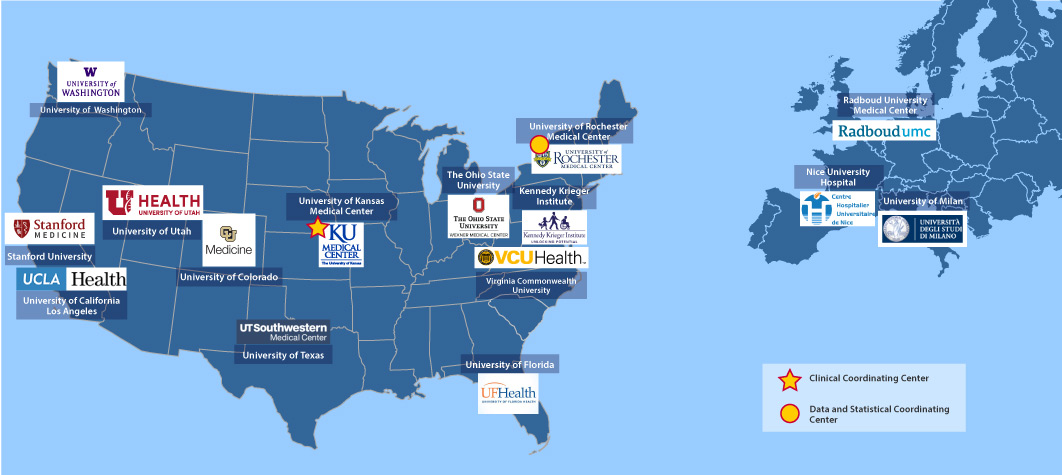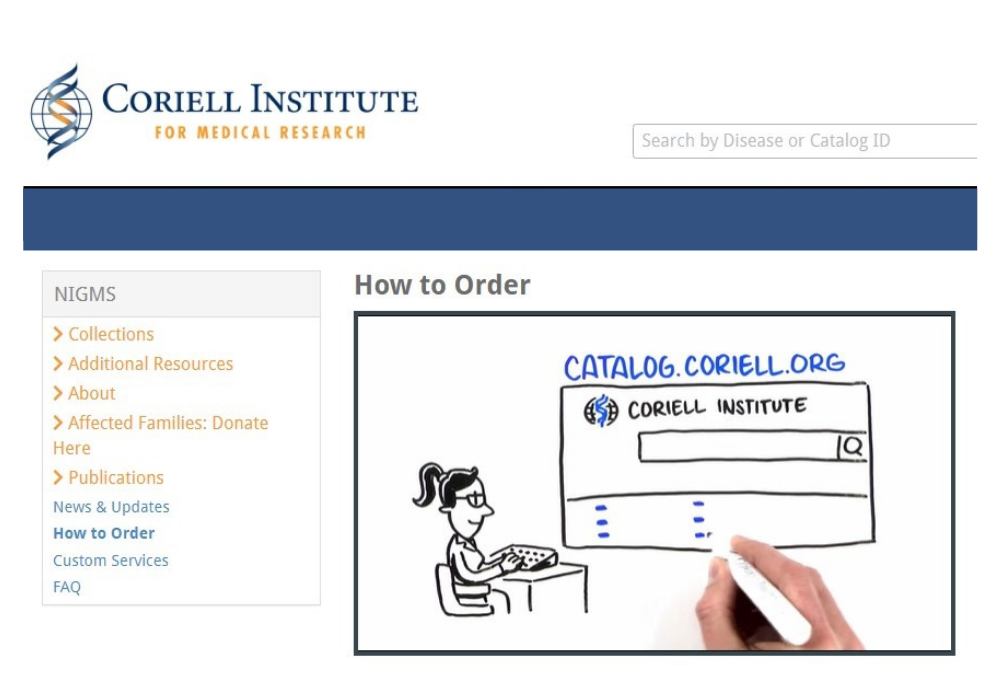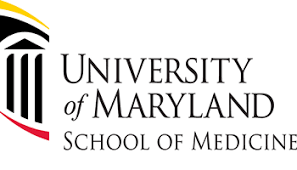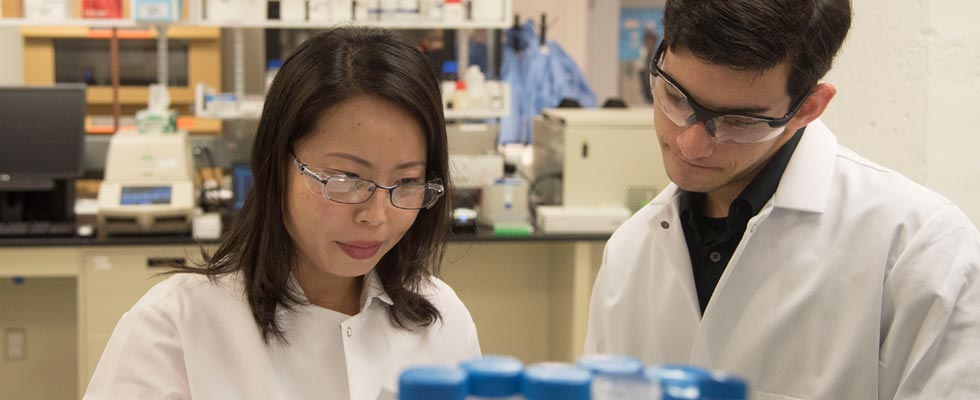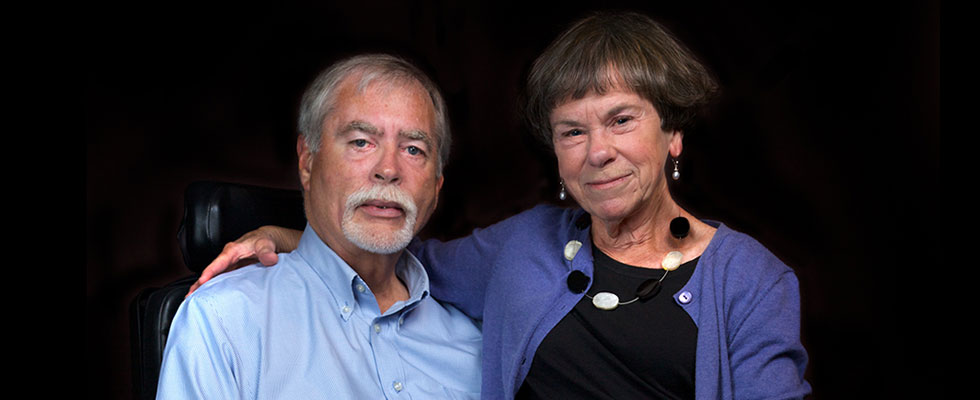
Recruit volunteers for your study
The FSHD Society maintains the world's largest contact registry of individuals with FSHD and their family members. We also have relationships with clinicians and patient organizations around the world. If you would like to recruit volunteers for a study, please contact info@fshdsociety.org.
The FSHD Society maintains the world's largest contact registry of individuals with FSHD and their family members. We also have relationships with clinicians and patient organizations around the world. If you would like to recruit volunteers for a study, please contact info@fshdsociety.org.
Include the following information:
- A lay summary of the study
- IRB-approved recruitment flyer
- Contact information for the study coordinator
- Timeframe for recruitment.
- The geographic region you wish to recruit in
- Basic inclusion criteria.
We will discuss the recruitment campaign details with you before initiating any outreach.
The FSHD Clinical Trial Research Network, launched in 2016 with funding by the FSHD Society, is a cornerstone of our strategy to accelerate the development of treatments. Comprised of leading international FSHD research centers, the CTRN functions as a “lab without walls” with uniform standards and training for assessing patients and sharing data.
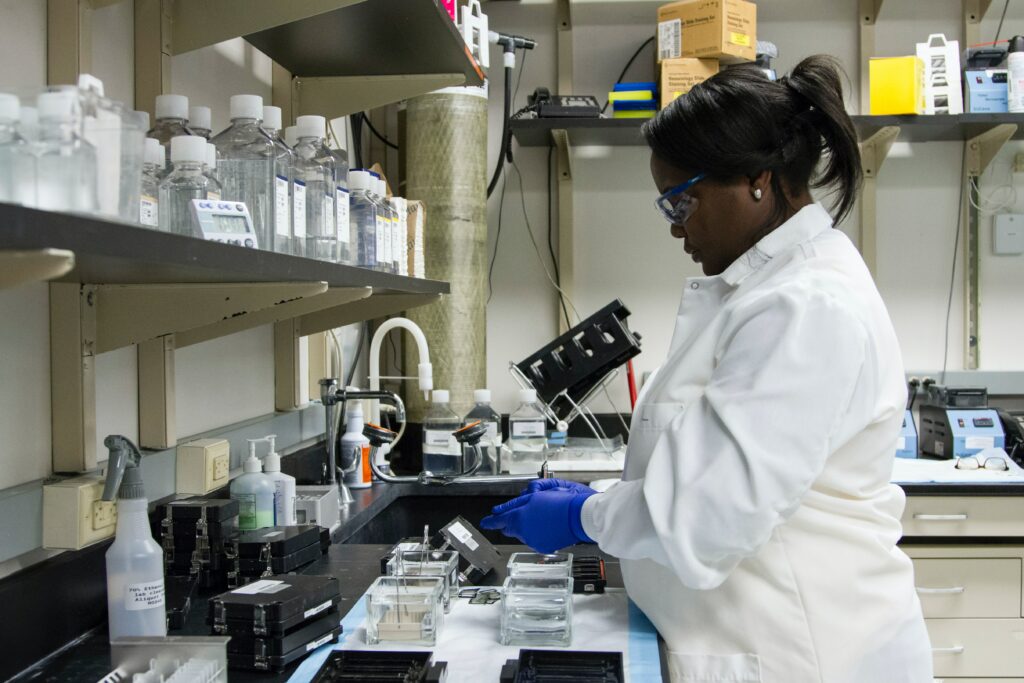
U.S. FSHD Registry at the University of Rochester
The National Registry of Myotonic Dystrophy (DM) and Facioscapulohumeral Muscular Dystrophy (FSHD) is maintained at the University of Rochester.
The Registry has over 2,600 well-classified and motivated patients, who have been followed longitudinally for up to 17 years. Research investigators can facilitate their studies by using the registry to receive deidentified data and/or to receive recruitment assistance.
Researchers can: 1) submit an application to use the resources of the Registry; and 2) work with the Registry team to select data or eligible members for their studies.
For a listing of cell lines and products available for FSHD research, please click here. The scientific staff at Coriell has been greatly helped by the FSHD Society in acquiring this important resource for the NIGMS Collection. Investigators looking to purchase cell lines should have a current MTA on file with the NIGMS Repository at The Coriell Institute. Complete information can be found at this link.
University of Massachusetts Medical School UMMS Senator Paul D. Wellstone Muscular Dystrophy Cooperative Research Center for FSHD. The UMass Wellstone Center distributes FSHD and control primary skeletal muscle cell strains and immortalized clonal cell lines, established on July 12, 2011.
Brain and Tissue Bank for Developmental Disorders
The Brain and Tissue Bank for Developmental Disorders is a tissue resource center at the University of Maryland in Baltimore. For a list of available FSHD tissue specimens, download the Maryland Tissue Bank Inventory (dated May 8, 2016).


